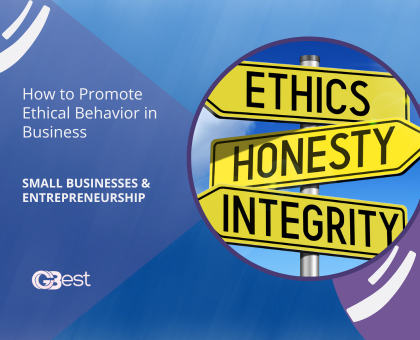Emotional intelligence (EI) is the ability to understand and manage your own emotions and those of the people around you. People with a high degree of emotional intelligence know what they’re feeling, what their emotions mean, and how these emotions can affect other people. There are said to be, five key elements to emotional intelligence. Also, it is noted, that leaders who have attained emotional intelligence, are more likely to succeed in their endeavors.
Key Elements of Emotional Intelligence in Leadership:
- Self-Awareness: If you’re self-aware, you always know how you feel, and you know how your emotions and your actions can affect the people around you.
So, what can you do to improve your self-awareness?
- Keep a journal – Journals help you improve your self-awareness.
- Slow down – When you experience anger or other strong emotions, slow down to examine why.
- Self-regulation: Leaders who regulate themselves effectively rarely verbally attack others, make rushed or emotional decisions, stereotype people, or compromise their values.
So, how can you improve your ability to self-regulate?
- Know your values – Do you have a clear idea of where you absolutely will not compromise? Do you know what values are most important to you? Spend some time examining your “code of ethics.”
- Hold yourself accountable – If you tend to blame others when something goes wrong, stop.
- Practice being calm – The next time you’re in a challenging situation, be very aware of how you act. Try to calm yourself.
- Self-Motivation: Self-motivated leaders work consistently toward their goals, and they have extremely high standards for the quality of their work.
How can you improve your motivation?
- Re-examine why you’re doing your job – It’s easy to forget what you really love about your career. So, take some time to remember why you wanted this job.
- Know where you stand – Determine how motivated you are to lead.
- Be hopeful and find something good – Motivated leaders are usually optimistic.
- Empathy: For leaders, having empathy is critical to managing a successful team or organization. With empathy, one feels or is considerate of other persons feelings.
How can you improve your empathy?
- Put yourself in someone else’s position – It’s easy to support your own point of view. However, one should take the time to look at situations from other people’s perspectives.
- Pay attention to body language –Body language tells others how you really feel about a situation, and the message you’re sending.
- Respond to feelings –Respond by addressing one’s feelings.
- Social Skills: Leaders who do well in the social skills element of emotional intelligence are great communicators. They set examples with their own behavior.
So, how can you build social skills?
- Learn conflict resolution – Leaders must know how to resolve conflicts between their team members, customers, or vendors.
- Improve your communication skills
- Learn how to praise others – As a leader, you can inspire the loyalty of your team simply by giving praise when it’s earned.
Overall, isn’t it safe to state that emotional intelligence is of great value or interest within the workplace for leadership; and, that the key five elements attached to emotional intelligence are needed by all employed or unemployed?
As most aim to climb the leadership ladder of their various organizations, it must be understood that people are at the center of any organization. For leaders to achieve organizational goals, they need to understand the people they are leading.
To be effective, a leader has to allocate significant time and effort to build and develop cooperative relationships with key internal and external stakeholders. Building and maintaining relationships is a critical competence for effective leaders. Thus, the tremendous importance of the subject of emotional intelligence is for all of us!









